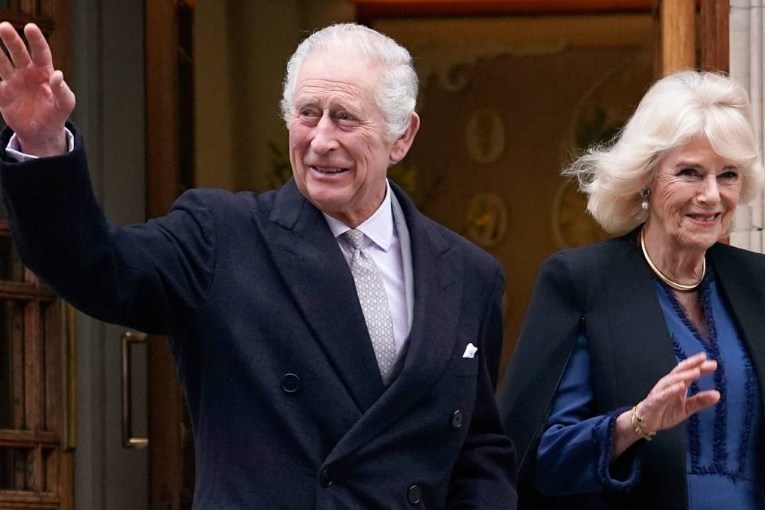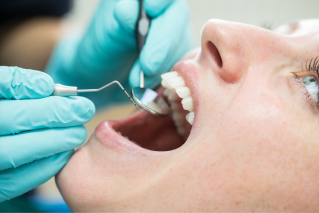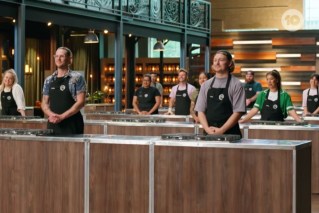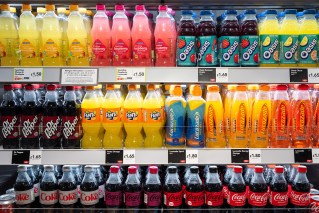Is fruit juice as bad as soft drink? Farmers sour at sickly Health Star Rating

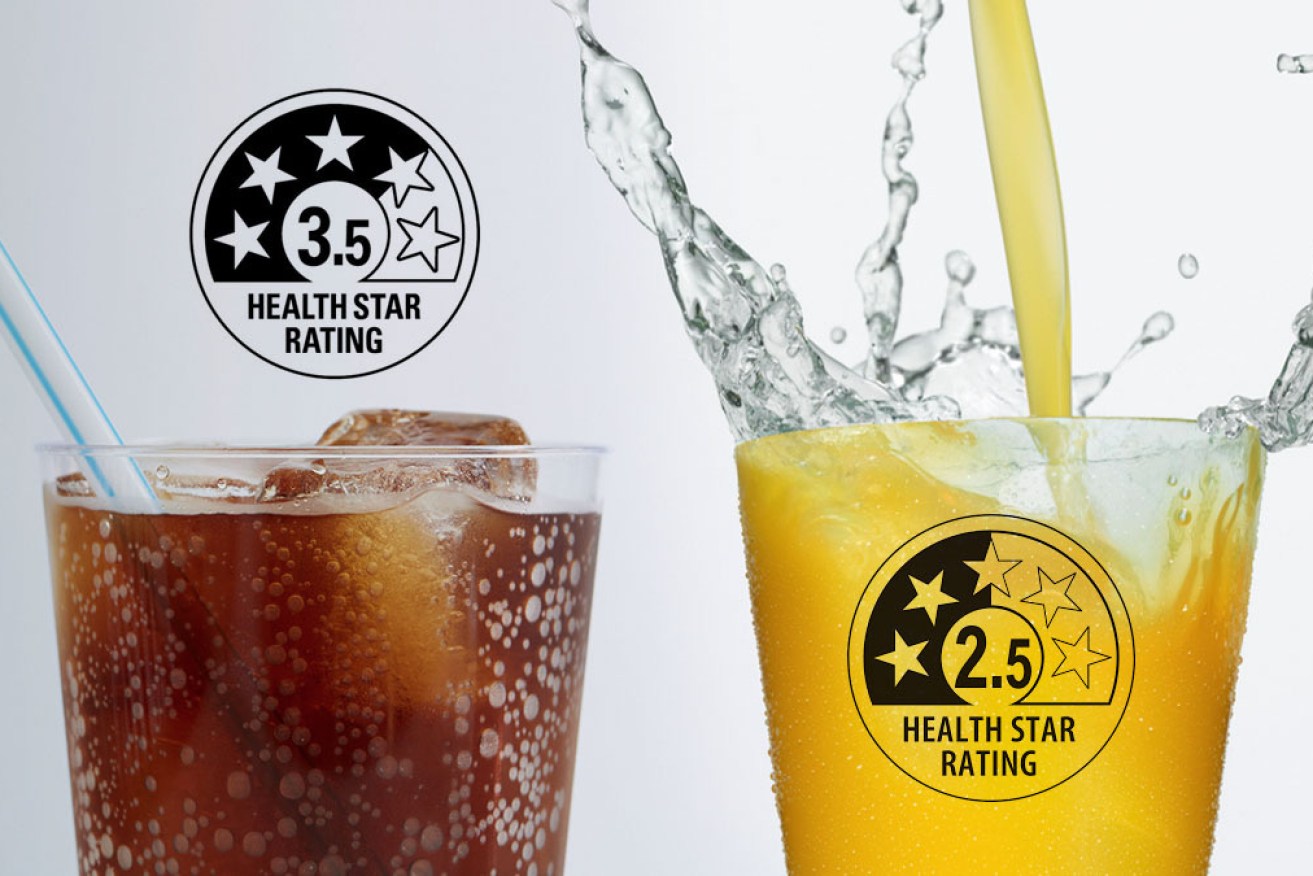
Is a glass of fresh OJ just as bad as Coke? Photo: Getty / TND
The new Health Star Rating system has slammed fresh fruit juices with scores lower than some soft drinks, prompting fears from farmers their sales will plummet as health-conscious consumers shy away.
Fruit growers across the country have taken issue with the semi-problematic star system that punishes their already embattled industry, and are demanding state leaders review the new algorithm.
But food policy expert and public health lawyer Dr Alexandra Jones from the George Institute for Global Health said the system must remain impartial to industry interests and agendas to ensure consumers’ health needs are met.
“It’s really clear that the reason the juice manufacturers are making these proposals is to protect their profits – they talk about the wellbeing of the farmers, but this is a public health policy,” Dr Jones told The New Daily.
The World Health Organisation really recommends when you’re working on scoring systems for labelling, or marketing restrictions of any of these policies, that you keep industry out of that discussion just because they have a conflict of interest and they can’t be objective about it.
Under the old calculation, juice brands like Original Juice Co Black Label Orange Juice used to boast a five-star rating, but has now dropped to two and a half.
This is because a 600mL bottle contains 12.9 teaspoons of sugar.
For comparison, a 600mL of Sprite contains 13 teaspoons, while Coca Cola contains 16.

A glass of fresh juice is recommended in the guidelines as an occasional treat. Photo: Getty
Sickly sweet?
Federal Agriculture Minister David Littleproud said farmers would suffer under the new classifications, and urged states to support his plan for fresh juices to receive an automatic four-star rating.
“It is simply ludicrous for the majority of states to support the classification of fizzy drinks like diet colas being healthier than a glass of pure fruit or vegetable juice,” Mr Littleproud told AAP on Thursday.
“Agriculture needs to be confident that governments are making sensible decisions when it comes to the regulation of food products.
“Ultimately, however, there also needs to be some personal responsibility of consumers about the quantities of any food group they put down their throats, but this one is just crazy.”
New South Wales and South Australia have already agreed to Mr Littleproud’s move to obtain the four-star rating for fresh juices, and he has urged Queensland, Victoria, Western Australia and Tasmania to follow suit.
But Dr Jones said the new calculation accurately reflected the dietary guidelines and shouldn’t be altered to give misleading advice to consumers.
“The comparison they have made is with diet soft drinks,” Dr Jones explained.
“Juice is not recommended in the dietary guidelines in the way that [drinks manufacturers] purport.
“It is time for juice to lose its health halo.
“People still believe that juice is a healthy choice, but really dietary guidelines recommend that water is the best choice, and people need to be aware of how much sugar is in juice.”
